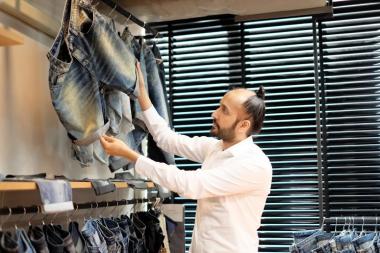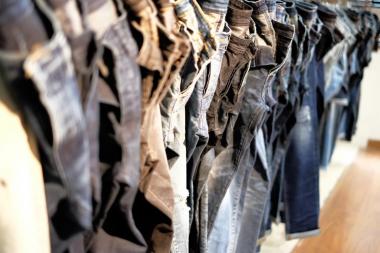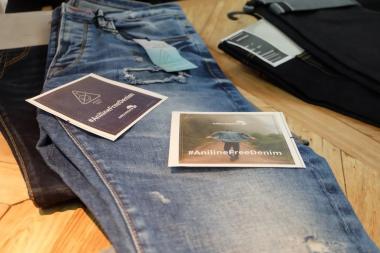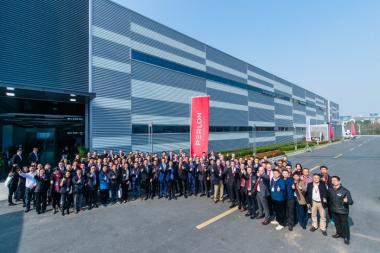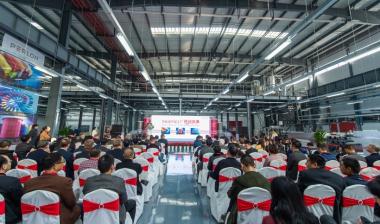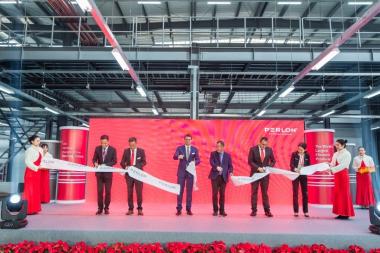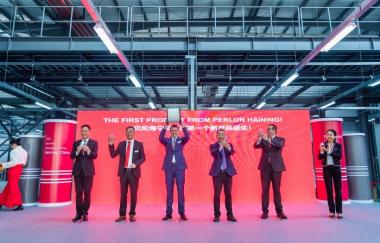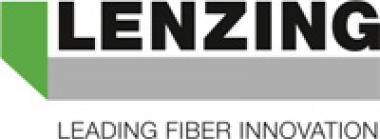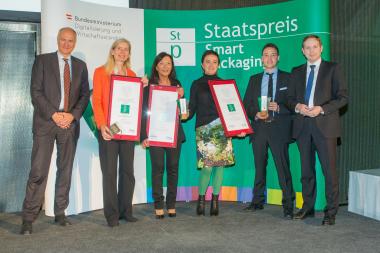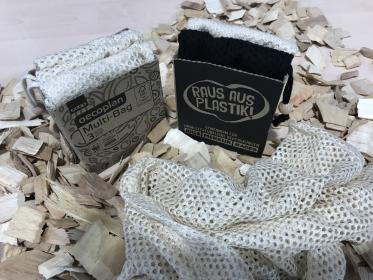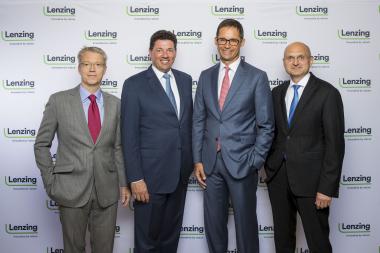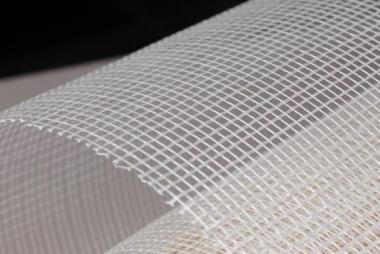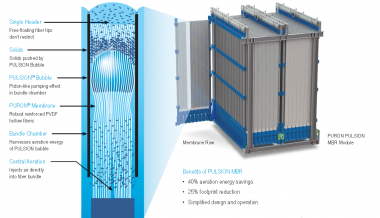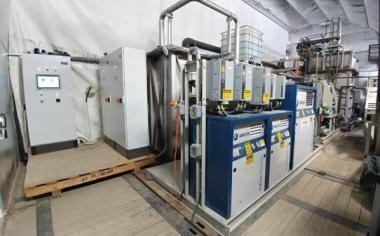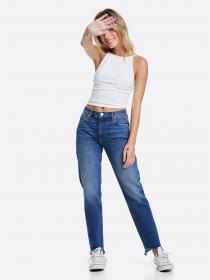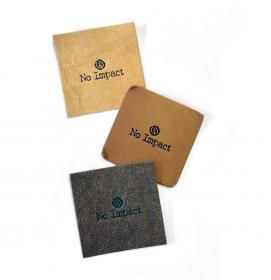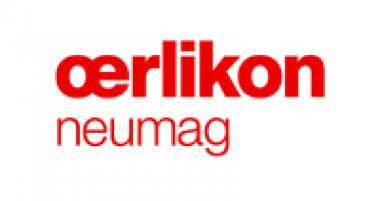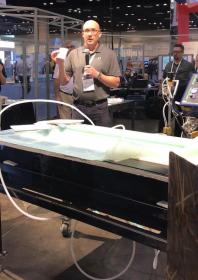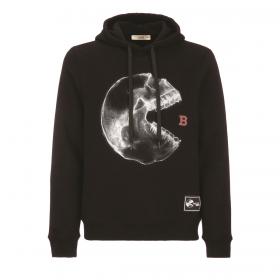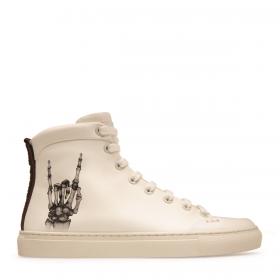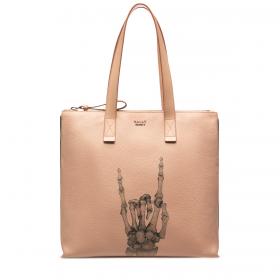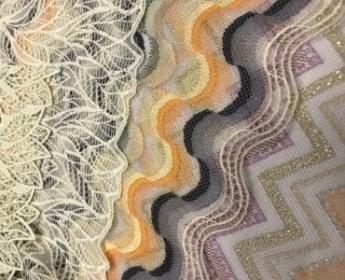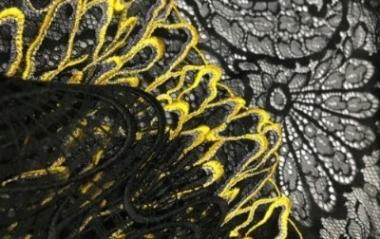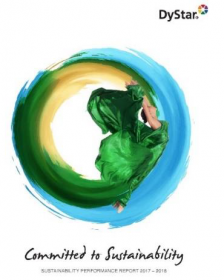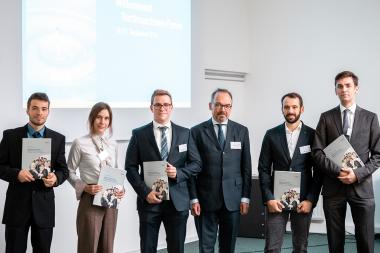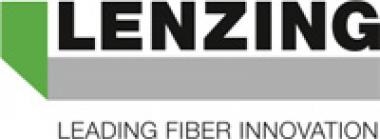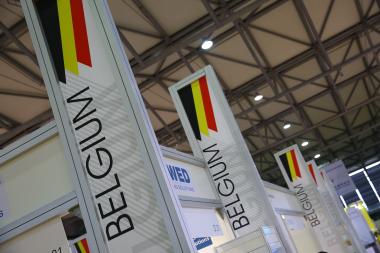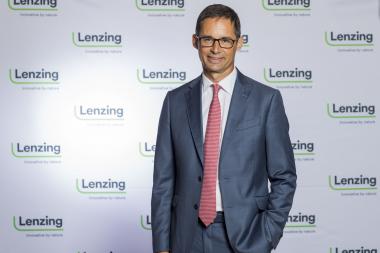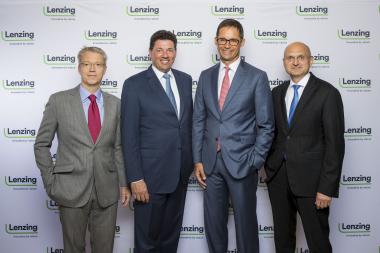Absolute Denim to become first denim manufacturer to convert 100% of its production to ground-breaking Aniline-free* indigo solution by Archroma
Archroma, a global leader in color and specialty chemicals towards sustainable solutions, today announced that Thailand-based Absolute Denim will be the first denim manufacturer to switch 100% of its production to aniline-free* indigo dyeing.
Absolute Denim is a Thailand-based denim manufacturer producing high quality denim with a focus on eco-friendlier materials and processes. The company can produce up to 2 million meters of denim per month (that's approximately 1.5 million pairs of jeans!), for customers that include some of the biggest brands and retailers in the world.
Archroma’s Denisol® Pure Indigo 30 liquid dye was first launched in May 2018 as a non-toxic way to produce the traditional, iconic indigo blue that consumers associate with denim and jeans.
During production, some of the aniline stays locked into the indigo pigment and is difficult to wash off the fabric. The remainder of the aniline impurity, approximately 300 metric tons annually, is discharged during dyeing. This can be an issue as aniline is toxic to aquatic life. In addition, exposure levels to factory workers can be high. As a result of its toxicity (more hazardous than alkylphenols) it is now starting to feature on the restricted substance lists (RSL) of some major clothing brands and retailers.
The new Denisol® Pure Indigo 30 liq was therefore developed as an aniline-free* indigo solution for designers, manufacturers and brand owners who long for authentic indigo inspiration.
Archroma tested Denisol® Pure Indigo at Absolute Denim mill in Thailand. Archroma wanted to be sure that the new indigo dye would perform exactly the same as conventional indigo.
James Carnahan, Head of Sustainability at Archroma, comments: “At Archroma we continuously challenge the status quo in the deep belief that we can make our industry sustainable - but we cannot do it alone. Without forward-thinking manufacturers such as Absolute Denim to consciously adopt these eco-advanced innovations in their daily production, like our aniline-free* Denisol® Pure Indigo, we will not be able to move this industry forward on our resource-constrained world we live in. As consumers are increasingly aware of, and concerned about, climate change and ecological threats, this is not only the right thing to do - it is also good for business.”
“Deep down inside most of us want the world to be a better place for our loved ones and for future generations,” insists Vichai Phromvanich, Board Member, Absolute Denim, “starting with how we live, what we eat, what we wear, still trying to be cool, fashionable, still trying to be environmentally conscious. Archroma’s aniline free indigo project is therefore something we as a new generation manufacturer have supported from the beginning, by opening our doors for tests in the project phase, and now by sending out our articles to many of our customers. For us, after all, a nice pair of jeans looks even nicer without aniline!”
* Below limits of detection


